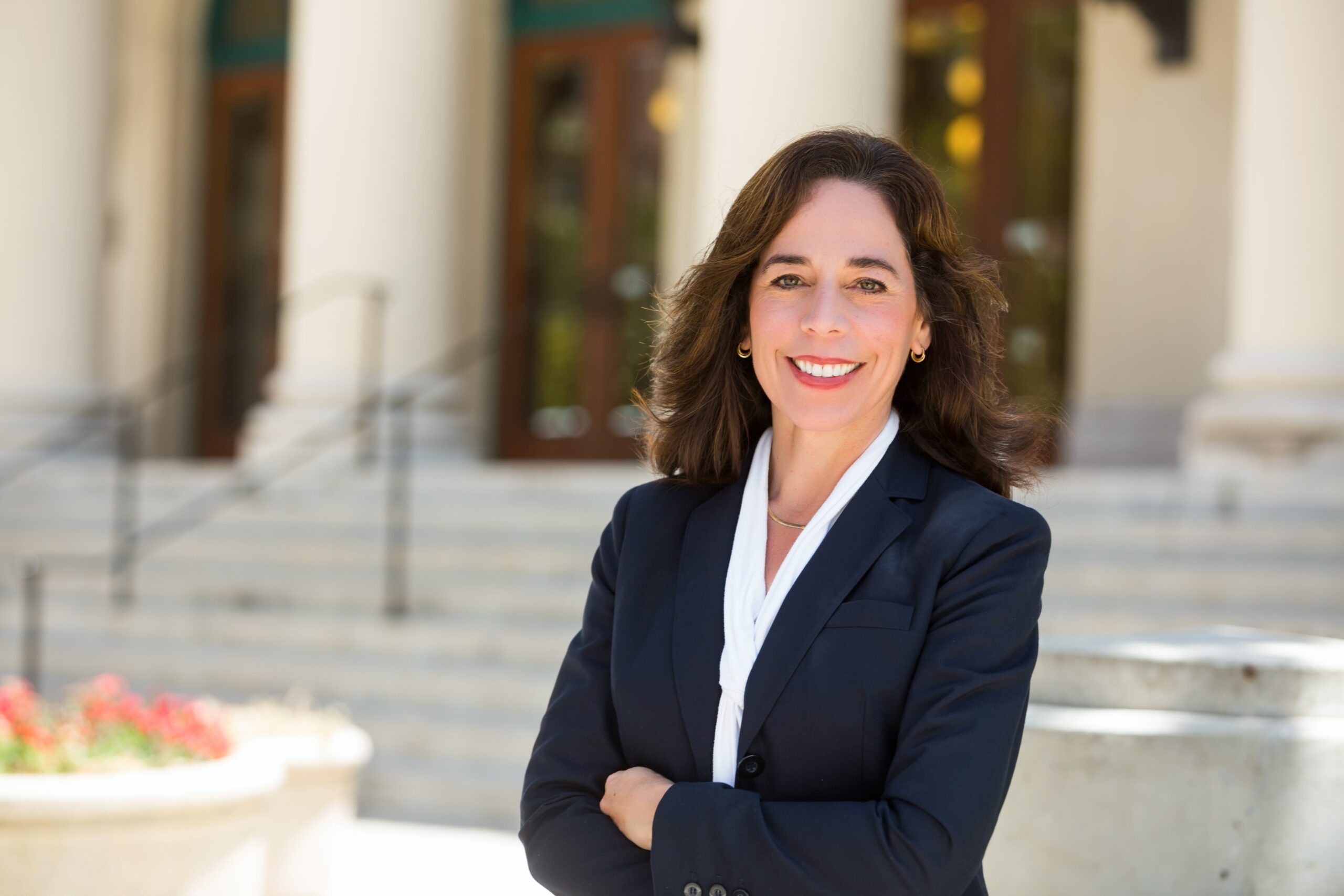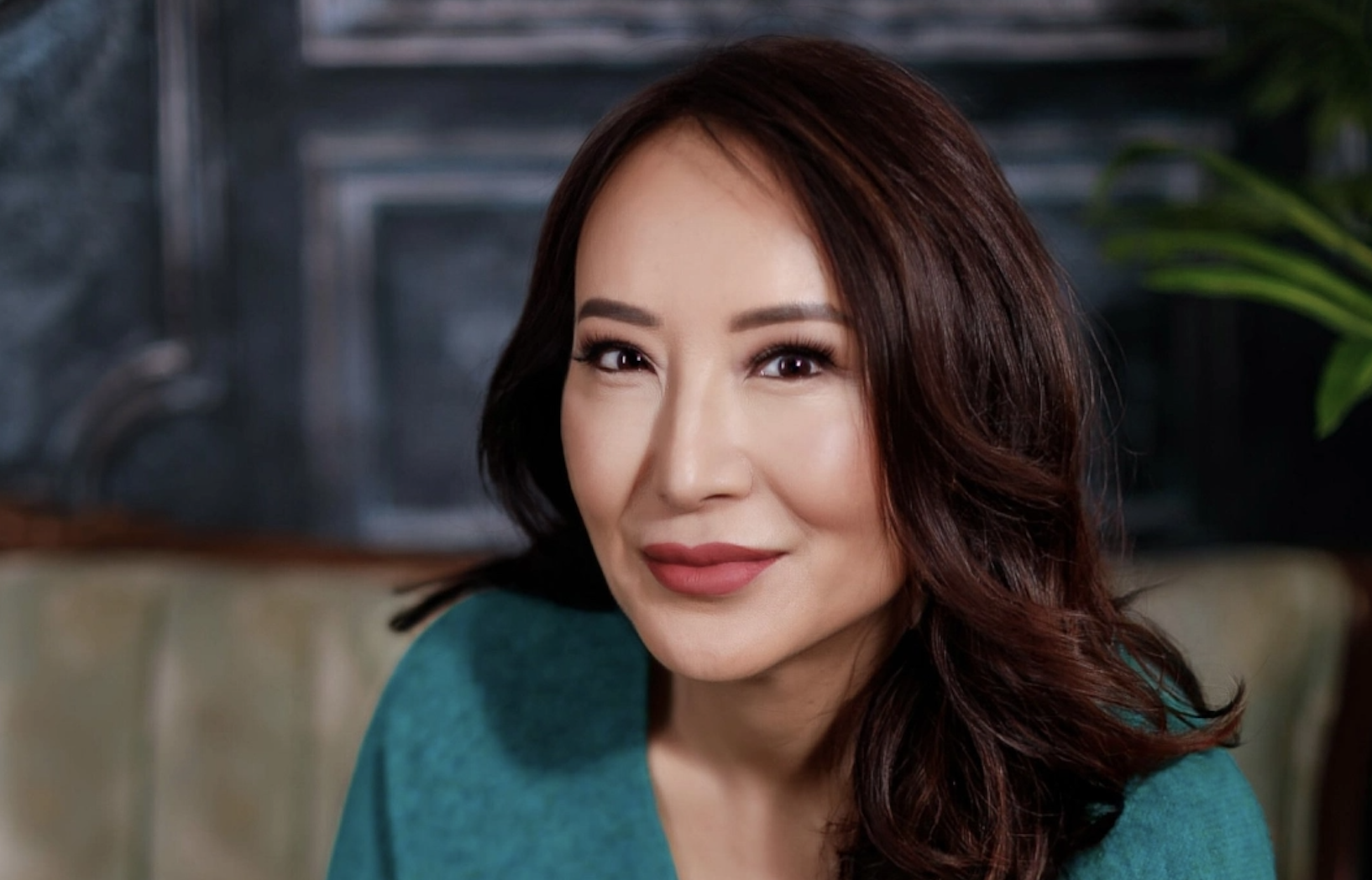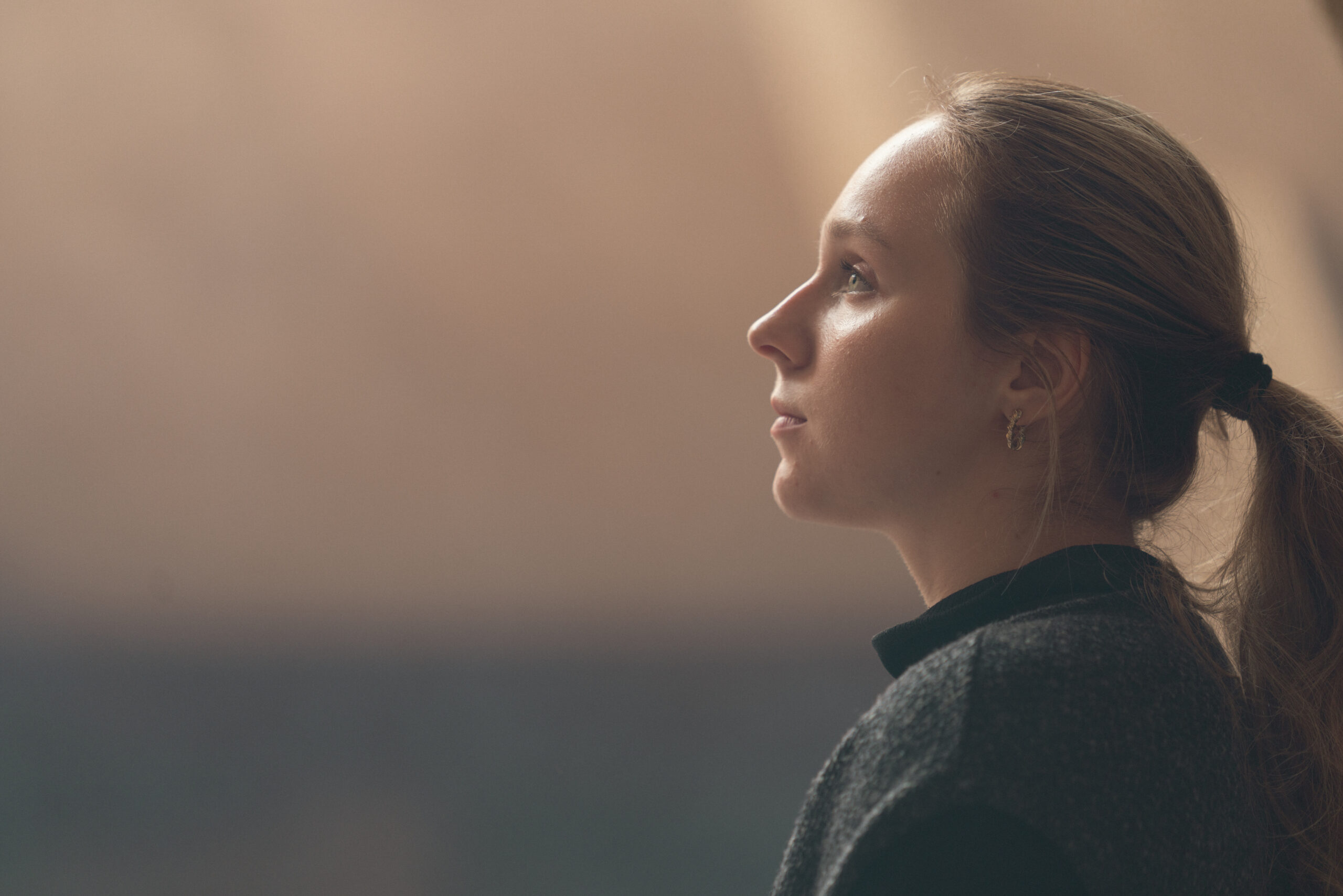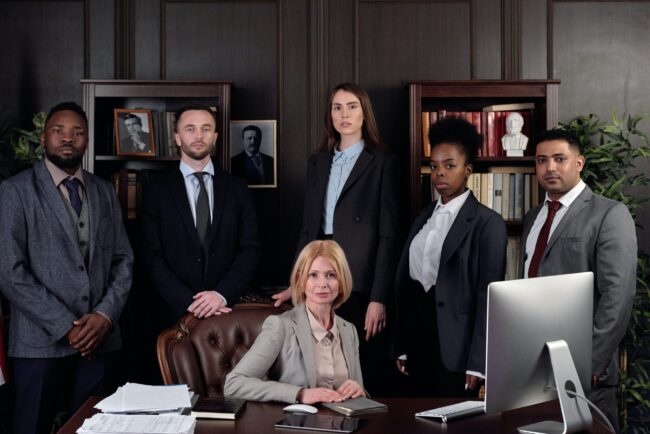Lisa Hanna is our latest Woman Crush! Not because she happens to be stunningly gorgeous but because of her fierce passion for the issues surrounding women, girls and children.
Here’s a quick background for those of you who want to get familiar: The 40 year old is a former beauty pageant winner and was crowned Miss World in 1993, becoming the third Jamaican woman to hold the title. She has worked in broadcasting in her early career, but has always been a philanthropist and advocate of women’s rights. Lisa has worked in programs for both UNICEF and the United Nations which advocated the plight of children’s rights and adult literacy. She has a bachelor and masters degree in Communication, and has further studies the use and importance of technology in emerging economies from universities in Singapore and Malaysia.
In the 2007 general election, she became the youngest woman to be elected to Jamaican Parliament holding a seat for St. Ann’s South East. In 2011 her party was elected to power and she became the Minister of Youth and Culture under the current ruling People’s National Party.
One of the great things she is doing for the youth of Jamaica is championing reproductive rights, family planning and abortion access for young women. It is an all-too familiar scenario that many countries are battling, but thankfully there are women like Lisa who are championing for greater access based on actual information, not conjecture. We’ll get to that in a minute.
According to the United Nations Population Fund, teenage girls make up 18% of all births in Jamaica. In the area of adolescent sexual and reproductive health, there are inconsistencies between policies and the legal framework which impede access to reproductive health services for young people. This has been linked to unwanted or unintended adolescent pregnancies among young people as well as STI and HIV infection. Also, the absence of youth-friendly health services and the cultural barriers to effectively promoting comprehensive sexuality education further impedes young people’s access to reproductive health services.
Lisa is adamant that with the right information, the Jamaican people, and the government, can make more informed decisions when it comes to this often controversial issue. Similar to the United States, a lot of what clouds the access to safe and legal abortions in Jamaica is the religious debate, something that Lisa is very outspoken about.
In a 2013 presentation titled ‘The Courage To Do Things Differently’, Lisa outlined the impact of having access to family planning and reproductive rights on the youth of the country. She draws on the major impact of the historic Roe v Wade ruling of 1973 in the US where abortion became legal for the first time in a Supreme Court case.
“In the 2005 Bestseller ‘Freakonomics‘ by Levitt and Dubner they established that in the United States there was a direct correlation between crime and unwanted children. They provided mathematically that there was a reduction in crime in those states which had legalized abortion as a result of the Supreme Court decision of Roe v Wade. Sure enough, the states with the highest abortion rates in the 1970s experienced the greatest crime reductions in the 1990s. While the [opposite] was proven for low abortion states,” Lisa outlined.
“Abortion is still illegal in this country, and a woman’s right to choose whether or not to keep her pregnancy is in effect exercised only by those who can afford a private doctor. The law is old but we have been debating whether we are to change it for the past 38 years.”
She went on to relate it to the Jamaican people saying there is a high rate of unwanted pregnancies amongst youth who are incapable of looking after their own child, and subsequently the government forks out billions of dollars each year for programs to take care of the young mother and her child. These programs exist, but it is the nurturing qualities of a mother that comes with maturity and the readiness to have a child that the government cannot teach, she argued, which is why family planning and access to clinics and birth control is crucial.
One of the big barriers to safe abortion in Jamaica is the conservative argument. In a 2014 poll commissioned by the Gleaner newspaper, 69% of 1,208 Jamaicans surveyed said Jamaica’s abortion law should not be changed. This is a stark reminder that more awareness and factual information needs to be brought to public forums, which is what Lisa is doing.
The fact that she is a former Miss World, is gorgeous, and has controversially been in the public eye for sharing an image of her wearing a (gasp!) bathing suit at the beach on her Facebook page could be seen as negative press, but Lisa is unrelenting and unapologetic about who she is, her background and what she stands for. She is a representative of a generation that wants to change mindsets in order for future Jamaican men and women to live in a world where they are not facing barriers based on misinformation and emotion. She has been awesome in using the media attention she is getting to speak about the fight for reproductive rights.
In a recent interview with the Jamaica Gleaner, the full video of which you can see below, she emphasizes that anti-abortion laws are hurting poor women and girls.
The poverty rate in Jamaica is 16.5% according to the UNFPA. Unemployment is closely linked to poverty, and 14.8% of women are unemployed compared to 8.6% of men.
“Women and girls who constitute 50.7% of the Jamaican population are often disproportionately affected by reproductive ill-health and issues of inequality in access to power and resources. Therefore, special attention must be placed on women’s health, rights and empowerment in any dialogue aimed at advancing development,” it stated.
The current law in Jamaica which makes abortion illegal only has certain exceptions on the grounds of medical emergency. But just like in the United States where the increased closure of safe abortion clinics in certain states is forcing women to turn to unsafe options or spend an increased amount of money (if they even have it!) to travel out of state to get the right care they need, Lisa argues that closing clinics in Jamaica doesn’t stop abortions, it makes them dangerous.
“The poor get mutilated and botched by clinics that are not satisfactory. They go into the underground market and buy tablets that really harm them for the rest of their lives. It really should be to the discretion of the woman in the same way that we give them access in the 1970s to a number of different situations,” she said.
She points out that there is a certain double standard because the people who have money to get abortions are still doing so illegally, but they get the care they need nonetheless. If anyone in Jamaica is found guilty of having an abortion, they could serve up to life in prison. This is horrific!
“Somehow we still hold on to these very old and archaic pieces of legislation that were not meant to further the democracy of women or have women take responsibility for their own bodies,” she continued.
“One of the things I would like to see, certainly as a young politician, is discussions in this country based on data and not only driven by emotion or biblical scripture. Women should be empowered to take their decisions about their bodies, about their own contraception. I don’t think it is the state that should give veto power over a woman’s body,” Lisa states in the Gleaner video.
It is an ongoing battle but Lisa is not alone in the fight. Dr. Dayton Campbell joined her last year in calling for anti-abortion laws to be repealed and chastised the religious conservatives who frustrate and prolong this debate.
Anglican priest Father Sean Major-Campbell also wrote an op-ed in the Gleaner to share his support of why this fight is important.
“I am tired of meeting poor Jamaican sisters who do not have access to professional advice concerning the pros and cons of the challenging decision to abort or not. It is my hope that we will not be satisfied with the continued botched back-door abortions that often lead to complications and even death. We are a country that loves our women and we place a premium on the office of motherhood. Should we not protect our women and mothers by doing all in our power to protect women’s rights to equality and non-discrimination?” he writes while also commending Lisa on her work.
To hear a religious leader speak out in favor of autonomous women’s reproductive rights is encouraging.
“It is so sad to see how archaic pieces of legislation have been used only to serve the purpose of intellectual discussions, religious quarrels, and political ball games. Meanwhile, hundreds of poverty-stricken Jamaican women suffer the indignity and threat of life-threatening procedures/practices as a result of these oppressive laws. We have had years of talking, debating, sermonising, and politicking. What next? We need leadership! We need our political servants of the people to act in the interest of our country…to lead the way for our girls and women.”
Oh and he’s not the only one (hey Jamaican female politicians, the men are making you look bad on this one! Start supporting Lisa!) Dr. Michael Abrahams, an obstetrician and gynaecologist penned his own op-ed in the Gleaner saying he fully supports and endorses Lisa’s view on abortion and women’s reproductive issues.
“The concept of terminating a pregnancy is disturbing to many, and strident and passionate opposition to it are understandable. However, I believe that it is time for the topic to be discussed rationally and objectively at a national level, without emotional outbursts, religious bias and judgmental attitudes towards the women who may request it,” he said.
He says not a work day goes by that he doesn’t see a woman come to see him who has gone through an aborted pregnancy. He also goes into detail giving medical (read: real and scientific) information about what a fetus feels at a certain stage, and says that a women’s mental well-being should be just as paramount as her physical health.
“As an obstetrician and gynaecologist, I firmly believe in women’s empowerment and that a woman has a right to make informed decisions about her own body. It is her body. It is not her spouse’s. It is not the church’s. And it is certainly not the state’s.”
Lisa’s particular focus on bringing attention to the poverty aspect is important, because in these discussions the individual woman is often forgotten in favor of the political and religious beliefs. We don’t have news on whether this law is being voted on or changed anytime soon, but with Lisa continuing to speak out, change will come.
You can see more of her Gleaner interview in the video below where she talks about reproductive rights (from 4:28 onwards), and shares her opinion on having condoms in schools (not to be missed!):




















